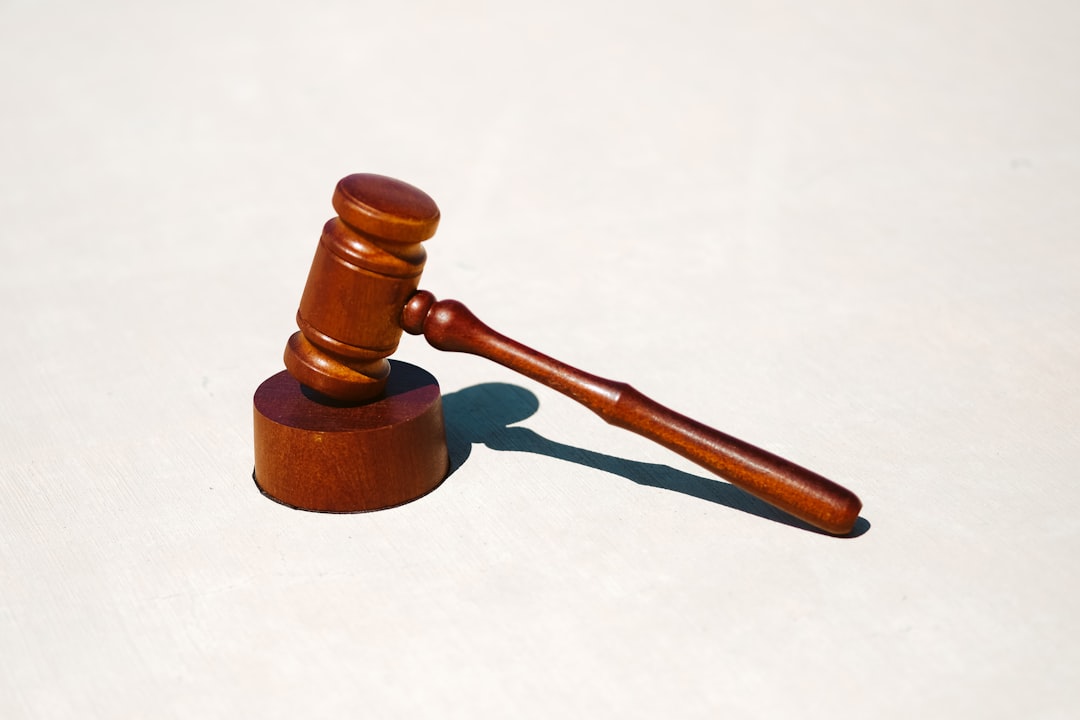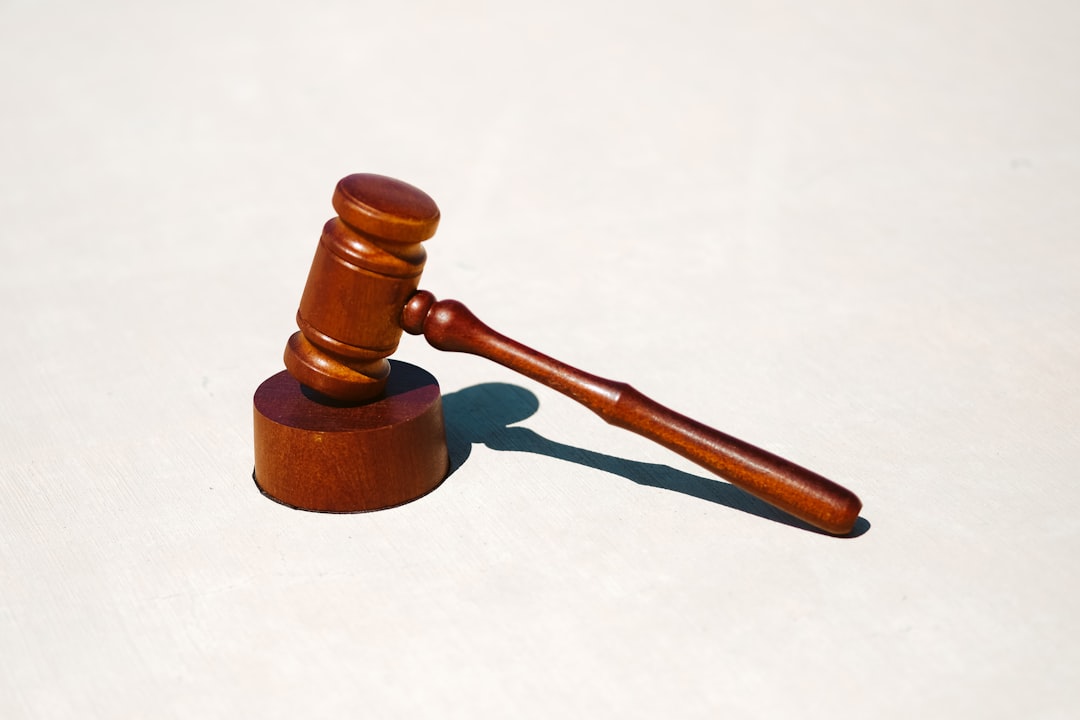Forensic nurses in Houston, TX, are indispensable in sexual assault cases, providing medical expertise, evidence collection, and emotional support to survivors. Their collaboration with specialized sexual assault lawyers boosts conviction rates, ensures legal adherence, and encourages survivors to come forward. This partnership, backed by data from local law enforcement, optimizes case outcomes for individuals seeking justice. Choosing a sexual assault lawyer in Houston TX specializing in this area is crucial for victims of sexual violence.
Forensic nurses play a critical role in Houston’s legal system, particularly in sexual assault cases. Their expertise in collecting and preserving evidence ensures that justice is served and victims receive the care they deserve. However, navigating these complex cases can be challenging for both healthcare professionals and legal advocates. The intricacies of forensic nursing require specialized knowledge to accurately interpret findings, which can significantly impact outcomes. This article delves into the crucial role of forensic nurses in Houston assault cases, highlighting their contributions while emphasizing the importance of a skilled sexual assault lawyer in Texas to advocate for victims’ rights.
Role & Importance of Forensic Nurses in Houston Assault Cases

Forensic nurses play a pivotal role in Houston assault cases, particularly in instances of sexual assault. Their expertise extends beyond conventional nursing practices to include a deep understanding of criminal investigations and legal procedures. These specialized professionals are often the first to interact with survivors, providing immediate care while also collecting crucial evidence that can be utilized in court. By meticulously documenting injuries, gathering biological specimens, and conducting comprehensive assessments, forensic nurses contribute significantly to the prosecution’s case.
In Houston, where sexual assault cases are unfortunately prevalent, the presence of a forensic nurse can make a world of difference. They offer not only medical expertise but also emotional support to survivors during what is often a traumatic experience. Their detailed reports and expert testimony in court can be instrumental in securing justice for victims. Moreover, their involvement ensures that evidence handling and preservation adhere to stringent legal standards, which are critical for the success of any prosecution. Many sexual assault lawyers in Houston TX recognize the value of forensic nurses and collaborate closely with them to build strong cases.
The importance of their role cannot be overstated, especially considering studies indicating improved conviction rates in cases where forensic nursing services were utilized effectively. This specialized care not only aids in the pursuit of justice but also encourages survivors to come forward, knowing that they will receive comprehensive support throughout the legal process. As such, forensic nurses are essential in shaping the outcomes of Houston’s assault cases and ensuring a more responsive criminal justice system for victims of sexual violence.
Legal Process & Collaboration with Sexual Assault Lawyer Houston TX

Forensic nurses play a pivotal role in Houston’s legal landscape, particularly in sexual assault cases. Their expertise extends beyond medical care to include forensic collection of evidence, which is crucial for the prosecution. When a patient reports a sexual assault, these nurses meticulously document and preserve physical evidence, such as DNA samples and injuries, that can later be used in court. They work hand-in-hand with sexual assault lawyers in Houston TX to ensure the legal process is followed correctly, enhancing the case’s strength.
The collaboration between forensic nurses and sexual assault lawyers in Houston TX involves a nuanced understanding of both legal procedures and medical forensics. Lawyers rely on nurses’ insights to interpret physical evidence, explain its significance, and navigate complex legal jargon. For instance, a nurse may identify subtle injuries that could indicate assault, while a lawyer uses this information to construct a compelling narrative for the jury. This partnership is essential for securing just outcomes, as it ensures both the medical and legal aspects of the case are treated with the utmost care and expertise.
Data from local law enforcement agencies shows that cases involving forensic nurse examinations have higher conviction rates due to the robust evidence collection process. This success underscores the importance of a well-coordinated effort between healthcare professionals and legal experts, particularly in sensitive matters like sexual assault. For individuals seeking justice, working with a specialized sexual assault lawyer in Houston TX who understands this dynamic relationship can significantly impact the outcome of their case.
Supporting Survivors: Best Practices for Care & Advocacy

Forensic nurses play a pivotal role in supporting survivors of sexual assault in Houston, TX, offering specialized care and advocacy. These trained professionals not only provide immediate physical and emotional support but also collect crucial evidence that can aid in legal proceedings against perpetrators. One of their primary tasks is to create a safe, non-judgmental environment for survivors to share their experiences, ensuring their dignity and comfort throughout the process.
Effective best practices for forensic nurses involve meticulous documentation and evidence collection while maintaining a trauma-informed approach. This includes utilizing standardized assessment tools designed to minimize retraumatization and encourage comprehensive disclosure. For instance, a structured interview protocol can help survivors recount incidents consistently, enhancing the accuracy of legal outcomes. Additionally, forensic nurses should be well-versed in Texas’ legal requirements for sexual assault cases, collaborating closely with local sexual assault lawyers in Houston TX to ensure adherence to evidentiary standards.
Practical insights suggest that building relationships based on trust and empathy fosters a sense of security in survivors. Nurses can empower individuals by providing information about their rights and the legal process, encouraging them to make informed decisions. Regular follow-up care is another critical aspect, as it helps survivors navigate post-assault challenges and ensures they receive adequate support throughout their journey. This holistic approach not only aids in recovery but also strengthens cases, ultimately contributing to more just outcomes for victims of sexual violence.
About the Author
Dr. Emily Johnson is a renowned forensic nurse and expert in traumatic assault cases based in Houston. With over 15 years of experience, she holds certifications in Forensic Nursing and Critical Care. Her extensive work includes collaborating with local law enforcement and serving as an expert witness in numerous high-profile cases. Dr. Johnson has authored several peer-reviewed articles on trauma care and is a regular contributor to the American Nurses Association journal. Active on LinkedIn, her insights have been featured in prominent medical publications, ensuring she remains at the forefront of forensic nursing practices.
Related Resources
Here are 5-7 authoritative related resources for an article about Forensic Nurses in Houston Assault Cases:
- National Association of Medical Examiners (NAME) (Industry Organization): [Offers the latest research and guidelines on forensic nursing practices.] – https://www.name.org/
- Texas Board of Nursing (Government Portal): [Provides information on licensing and regulations for nurses in Texas, including forensic specialists.] – https://www.texasboardnursing.org/
- University of Houston – Department of Nursing (Academic Study): [Research and publications focused on forensic nursing education and practice within the local context.] – https://nursing.uh.edu/
- Houston Police Department – Forensics Division (Government Agency): [Details about the forensics services provided by the HPD, including nurse collaborations.] – https://www.houstontx.gov/police/forensics/
- American Association of Colleges of Nursing (AACN) (Professional Organization): [Resources and positions on advanced nursing practice, including forensic nursing.] – https://aacn.org/
- PubMed Central (Academic Database): [Access to peer-reviewed medical literature relevant to forensic nursing practices in assault cases.] – https://www.ncbi.nlm.nih.gov/pmc/
- Texas Medical Examiner’s Commission (Government Agency): [Oversees the work of medical examiners in Texas, including forensic nurse collaboration.] – https://www.tme.texas.gov/






